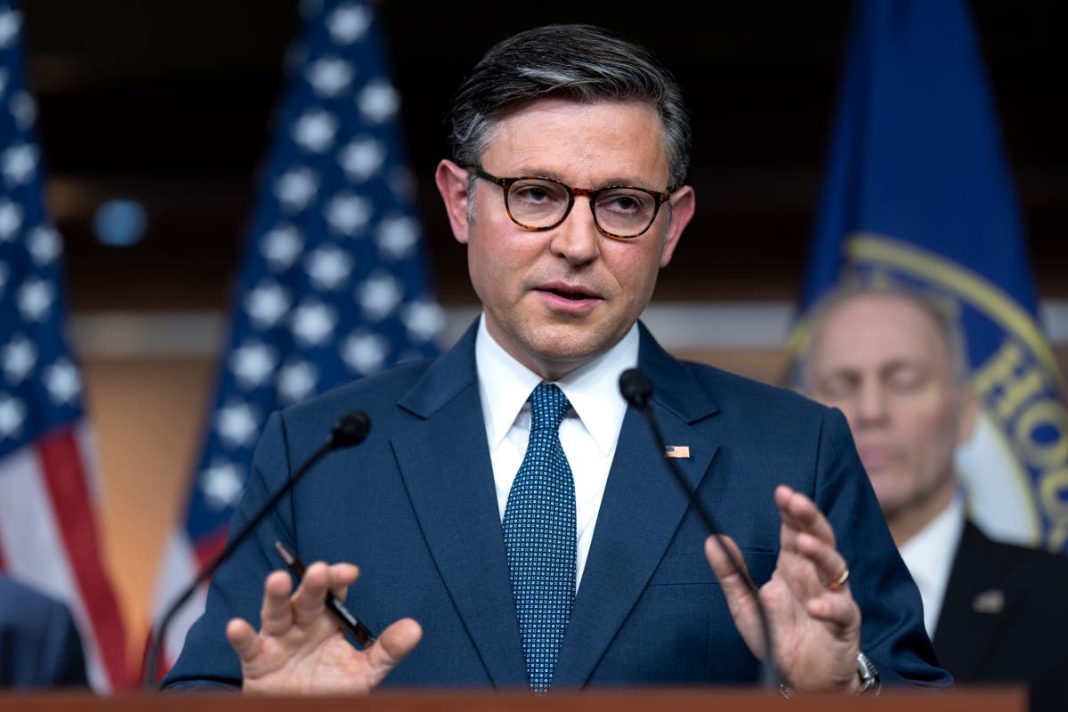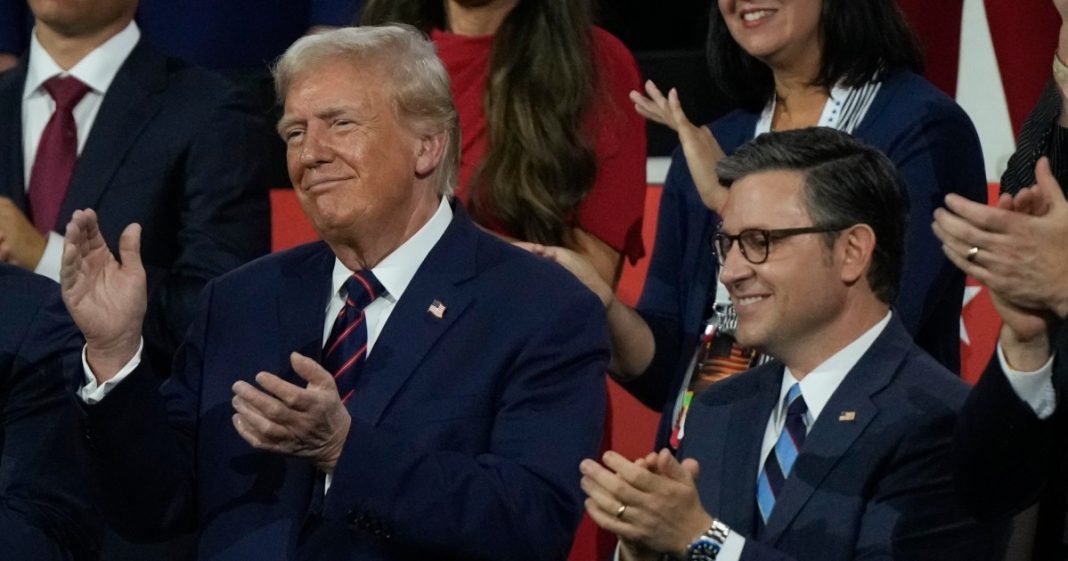Republicans Struggle to Acknowledge Trump’s 2020 Loss Amid Ongoing Election Discourse
In a political landscape still grappling with the aftermath of the 2020 presidential election, many Republicans are finding it increasingly difficult to openly admit that Donald Trump lost to Joe Biden. Recent interviews with prominent party figures, including Arkansas Senator Tom Cotton and House Speaker Mike Johnson, reveal a reluctance to directly address the election results, even as the party gears up for the 2024 race.
During a recent appearance on NBC’s "Meet the Press," Senator Tom Cotton faced pointed questions from host Kristen Welker. She pressed him multiple times to clarify whether he could definitively state that Trump lost the election. Cotton’s responses were evasive, acknowledging Biden’s presidency while simultaneously suggesting that the election was marred by unfair practices. “Joe Biden was elected president in 2020,” he stated, but added that the election was “unfair in many ways,” citing changes in election laws and practices that he claimed violated the Constitution.
Welker didn’t let up, asking Cotton directly, “But did Trump lose?” Cotton reiterated his stance, explaining the workings of the Electoral College without directly answering the question. This exchange highlights a broader trend among Republicans who seem hesitant to confront the reality of the election results, often opting instead to focus on alleged irregularities and grievances.
Speaker Mike Johnson echoed this sentiment during his appearance on ABC News’s "This Week." When asked if he accepted the outcome of the 2020 election, Johnson deflected, stating, “You want us to litigate things that happened four years ago when we are talking about the future.” He emphasized the need to move forward, asserting that “Joe Biden has been the president for almost four years,” and urged everyone to “get over this.”
This reluctance to acknowledge Trump’s loss isn’t limited to Cotton and Johnson. In a recent vice presidential debate, Ohio Senator JD Vance also sidestepped the question, focusing instead on the upcoming election and dismissing the media’s fixation on the past. His noncommittal responses drew criticism, with his opponent, Tim Walz, labeling them as “damning nonanswers.”
The ongoing refusal among key Republican figures to explicitly state that Trump lost the 2020 election raises questions about the party’s direction as it heads into the 2024 campaign. While many in the GOP seem to be trying to pivot towards future issues, the shadow of the past election looms large, complicating their messaging and strategy.
As the political climate continues to evolve, it remains to be seen how this reluctance to confront the 2020 election results will impact the Republican Party’s unity and effectiveness in the upcoming elections. For now, it appears that the struggle to acknowledge a fundamental truth about the past is shaping the narrative as the party looks ahead.



